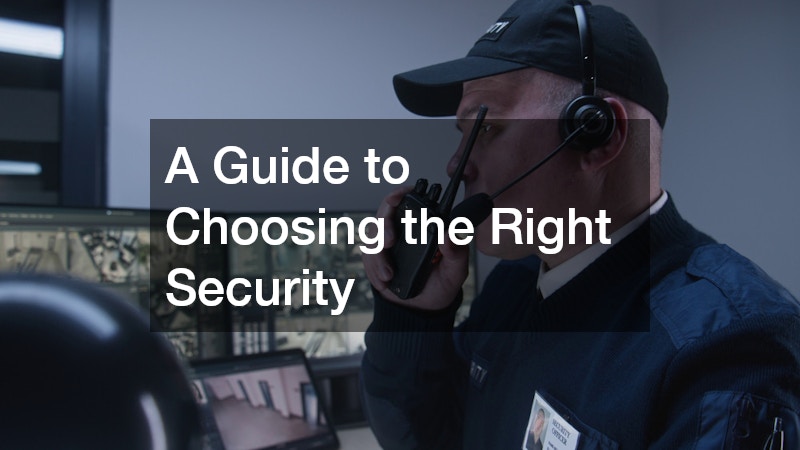
In today’s digital era, security is an indispensable aspect of both personal and professional life. With the growing number of cyber threats, understanding the importance of security is essential for safeguarding sensitive information. Companies across the globe are investing heavily in security measures to protect their assets from potential breaches.
Video Source
These investments are not just about safeguarding data, but also about maintaining trust and credibility. Without the implementation of robust security protocols, businesses face the risk of losing not only data but also their reputation.
Security serves as the backbone for safe and efficient operation within any organization. It acts as a barrier against unauthorized access and helps in protecting sensitive data and resources. Ensuring appropriate security measures are in place helps in minimizing the risks associated with cyber threats. Additionally, a strong security setup can prevent financial losses due to data breaches. The importance of investing in the right security measures cannot be overstated, especially in a world where digital threats are continually evolving.
There are several types of security options available to safeguard both digital and physical assets. Cybersecurity is one of the most critical areas, focusing on protecting networks and data from unauthorized access. It includes practices such as encryption, the use of firewalls, and intrusion detection systems. Alongside cybersecurity, there is a growing emphasis on cloud security as more businesses transition to cloud-based solutions. This involves protecting data stored on cloud platforms by implementing strong access controls and monitoring systems.
Apart from digital security, physical security is critical in protecting facilities and personnel. This type of security involves controlling access to buildings, using surveillance cameras, and deploying security personnel. Adequate physical security measures can help prevent unauthorized entry and protect against potential physical threats. Complementing physical security, operational security focuses on protecting proprietary and confidential information through internal controls and employee awareness programs. Combining these security measures can provide comprehensive protection across various domains.
Lastly, another key element is application security, which focuses on securing software applications from potential vulnerabilities. This involves regular updates, patches, and conducting security assessments throughout the application lifecycle. Secure coding practices and automated testing can greatly enhance application security. Organizations must integrate security practices in the development phase to prevent vulnerabilities and breaches. With the diversity of security options available, choosing the right combination tailored to specific needs is essential for effective protection.
Choosing the right security involves evaluating various factors to ensure that security measures adequately meet specific needs. The first step is assessing the value and sensitivity of the assets being protected. Understanding what needs protection can guide the decision on the appropriate level and type of security measures required. Budget constraints also play a pivotal role in determining the feasible security options. While cutting-edge security solutions might be enticing, they must align with financial capabilities.
Another crucial factor is the potential threat landscape, which includes identifying the most likely and impactful threats. Understanding the threat environment can assist in prioritizing security measures effectively. It is equally important to consider the regulatory and compliance requirements applicable to the industry. Certain industries may have specific regulations that mandate particular security measures. Ensuring compliance not only protects against legal penalties but also enhances trust with clients and partners.
Implementing strong security measures provides numerous benefits for both individuals and organizations. One of the primary advantages is the reduction of risks associated with data breaches and unauthorized access. Strong security protocols act as deterrents for cybercriminals looking to exploit vulnerabilities. By investing in comprehensive security solutions, businesses can operate with confidence knowing their data and assets are protected. This, in turn, can lead to increased productivity and growth.
Another significant benefit of robust security measures is the enhanced reputation and trust they foster among stakeholders. Customers and partners are more likely to engage with organizations known for their strong commitment to security. This trust can lead to improved business relationships and opportunities. Moreover, security breaches can result in substantial financial losses and damage to an organization's reputation. Therefore, strong security measures not only safeguard data but also contribute to long-term success and stability.
Enhanced security measures can also streamline compliance with industry regulations and legal requirements. Many industries are bound by specific laws that require strict security standards to be maintained. By adhering to these standards, organizations can avoid potential fines and legal challenges. Furthermore, demonstrating compliance can be a significant competitive advantage, positioning a company as a leader in security within its industry. Overall, the benefits of strong security measures are far-reaching, impacting not just immediate protection but also broader organizational objectives.
.